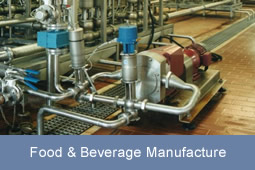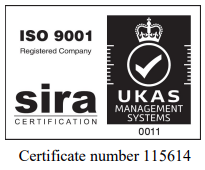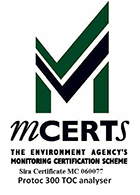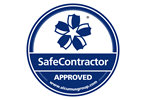In principle several fundamentally different techniques are available; non-contact detection; flow-through measurement or insertion probe measurement. Applications include intake protection of drinking water treatment plants, monitoring of turbine cooling water discharge and surface water monitoring from large hard standing areas, subject to traffic (engineering plants and international airports).
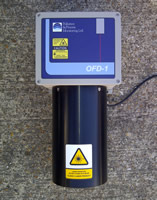
PPM OFD Oil on water detector
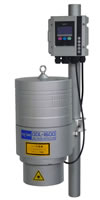
DKK ODL1600 Oil on Water

TrioS - Tribox Mini Controller
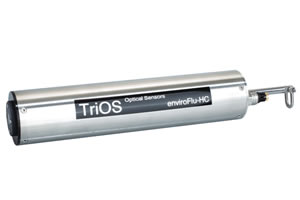
TrioS - EnviroFlu
Oil on Water
Oil on water instrumentation is a reliable means of detecting floating oil films and the presence of hydrocarbon pollution. Trace level contamination at sub-micron thickness can be detected using a non-contact laser methodology. Oil film measurement detects an increase in reflected light without any fouling effect on the instrumentation. Hydrocarbon detection is an important parameter for protection of water intakes and for controlling site discharges to rivers and lakes. Two different models have been offered to cover different installation requirements and accommodate different water level variations. The OFD uses a laser to measure surface reflectivity and provides various output signals for control purposes. The distance to the measurement surface may be up to 1.50m. The ODL1600A model uses a scanning laser technique and is suitable for distances up to 4.0m (6.0m in some circumstances). Similarly, control output functionality is provided.
Oil in Water
Some applications require concentration measurement. UV-fluorescence may be a suitable methodology especially where contamination is not typically present but low-level detection is required. The technique is particularly sensitive to PAH (polycyclic aromatic hydrocarbon) and the Enviroflu sensor is a robust, digital probe technology which may be mounted directly in to a sample stream or alternatively into a small tank receiving a pumped supply. The sensor provides trace level measurement over the range 0-500 PPB and is therefore ideal for intake protection of drinking water treatment facilities and for applications where water purity is a key consideration. The Microflu-HC is an alternative, lower cost sensor, providing a wider detection range of 0-5,000 PPB concentration PAH.








